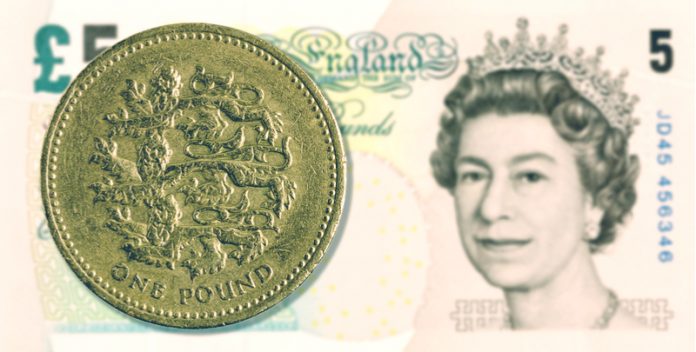Another day of scarce macroeconomic data today means the focus will shift back to the political situation in the UK.
The previous session saw the pound dive 0.7% versus the euro, dropping to a low of €1.1322 as Bank of England (BoE) Governor Mark Carney stifled hopes of an interest rate rise in the UK anytime soon. Carney made it clear that, despite inflation hitting 2.9%, now isn’t the right time to raise rates. He believed that weak domestic inflation, slow wage growth and dwindling consumer spending were reasons enough to not increase rates. When hopes of an interest rise are squashed, the value of the currency usually decreases, which is what happened to sterling yesterday.
| Why do raised interest rates boost a currency’s value? |
|---|
| Interest rates are key to understanding exchange rate movements. Those who have large sums of money to invest want the highest return on their investments. Higher interest rate environments tend to offer higher yields. So, if the interest rate or at least the interest rate expectation of a country is relatively higher compared to another, then it attracts more foreign capital investment. Large corporations and investors need local currency to invest. More local currency used then boosts the demand of that currency, pushing the value higher. |
Adding to the pounds woes are concerns over the ability for the Conservatives in the UK to complete a deal with Northern Ireland’s Democratic Unionist Party (DUP). The deal is necessary because Conservatives only won 318 seats in Parliament in the recent general election. However, 326 seats are necessary in order to have a working majority. Hopes had been high that the two parties would have sealed the deal by now, yet leaked reports suggest there could be problems. The DUP has claimed a lack of “negotiating experience” on the Conservative side — a serious problem in light of the Brexit negotiations just kicking off in Brussels.
This is also a very embarrassing situation for Theresa May, who is due to give the Queen’s speech for the State opening of Parliament today and, so far, will be doing it as a minority government. Despite claiming she had their support 10 days ago, Theresa May still doesn’t have the backing of the DUP. The delay’s apparent cause is the huge financial demands the DUP is making. However, they’ve also said that a deal could still be thrashed out.
The continued political instability which has been present since the UK Conservatives failed to win a majority in the general election is still weighing on the pound.
| How does political stability boost a currency? |
|---|
| Political stability boosts both consumer and business confidence, which means corporations and regular households alike are more likely to spend money. The increased spending, in turn, then boosts the economy. Foreign investors prefer to invest their money in politically stable countries as well as those with strong economies. For foreign investors to put their money into an economy, they need local currency. As they acquire the money needed, the demand for that particular currency increases, which then boosts its value. |
The euro, in contrast, is expected to have another quiet session with no fundamental events nor high impacting economic data scheduled for release.
|
This article was initially published on TransferWise.com from the same author. The content at Currency Live is the sole opinion of the authors and in no way reflects the views of TransferWise Inc. |





